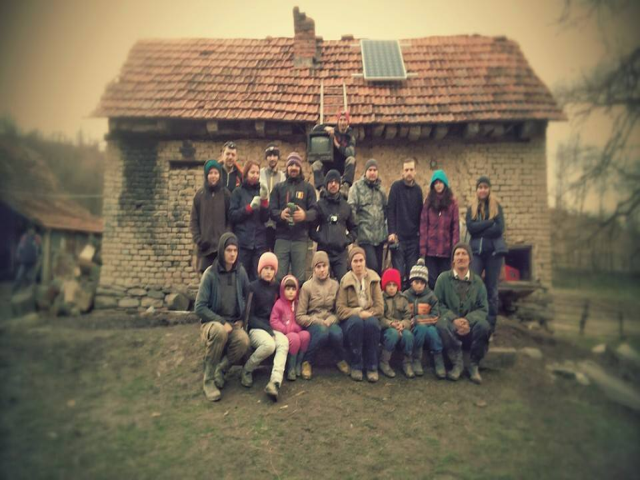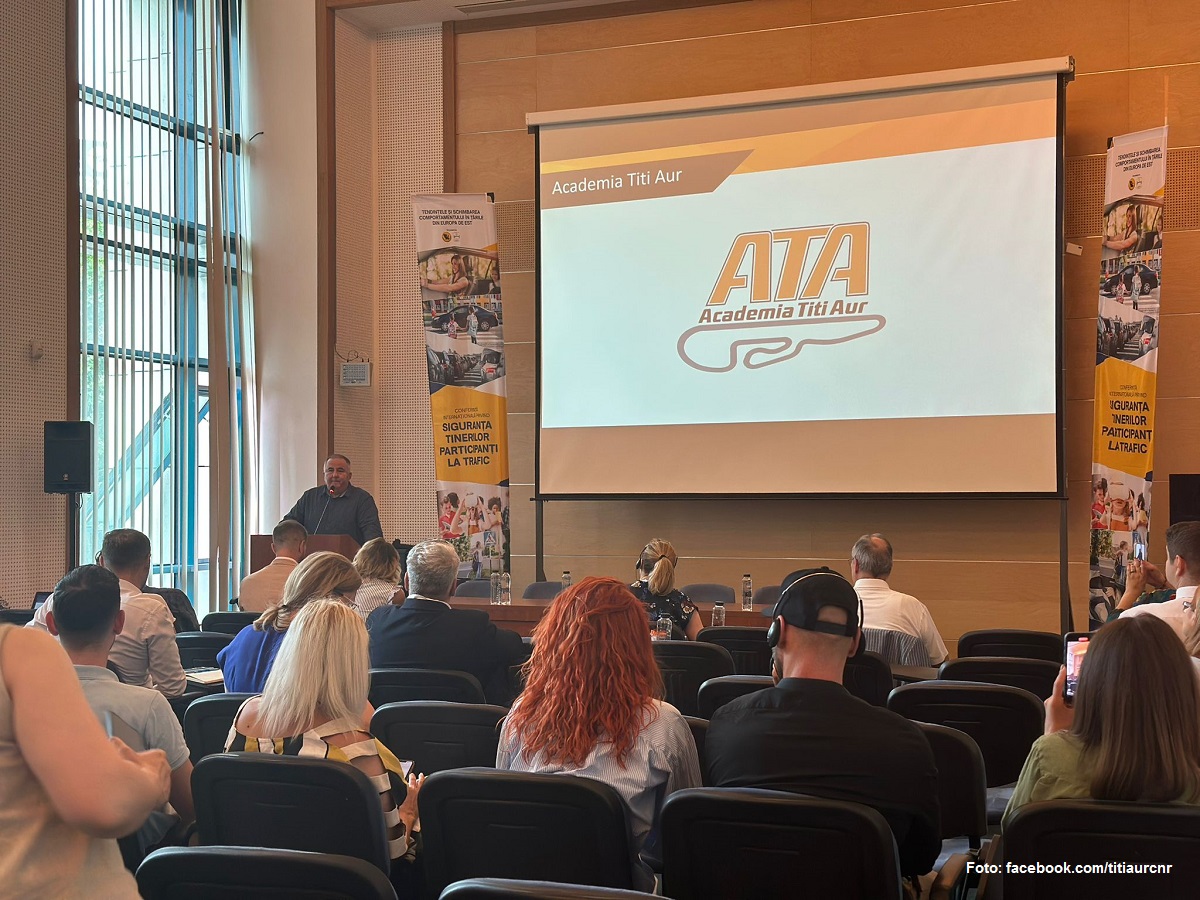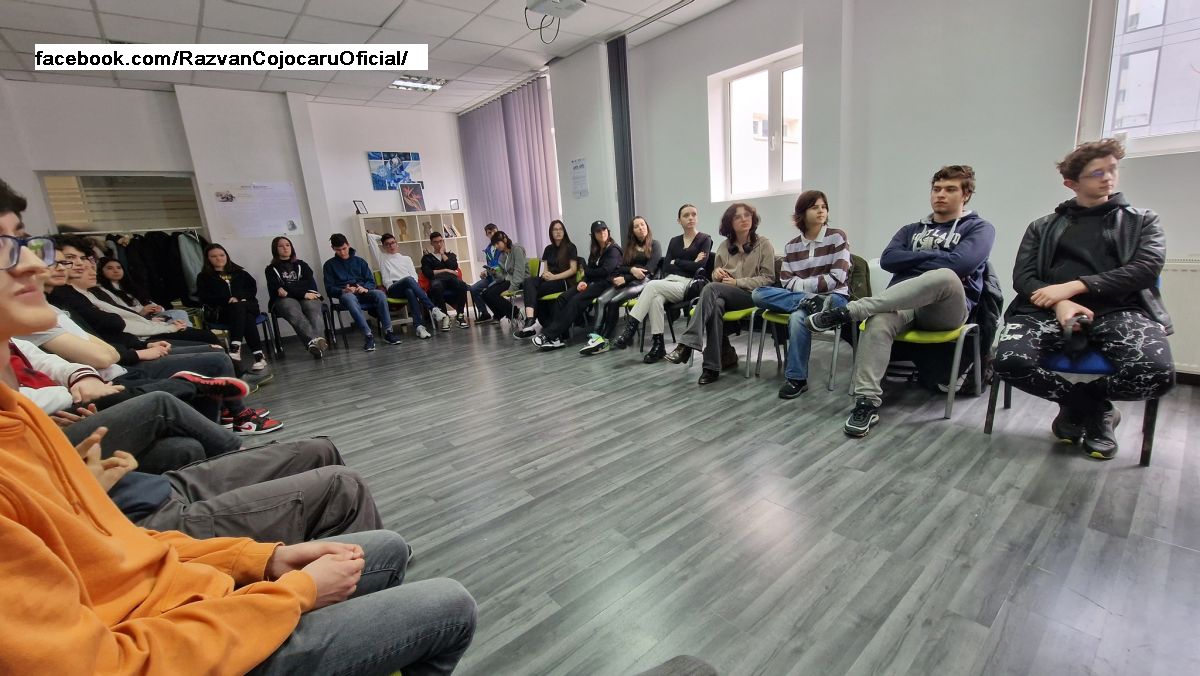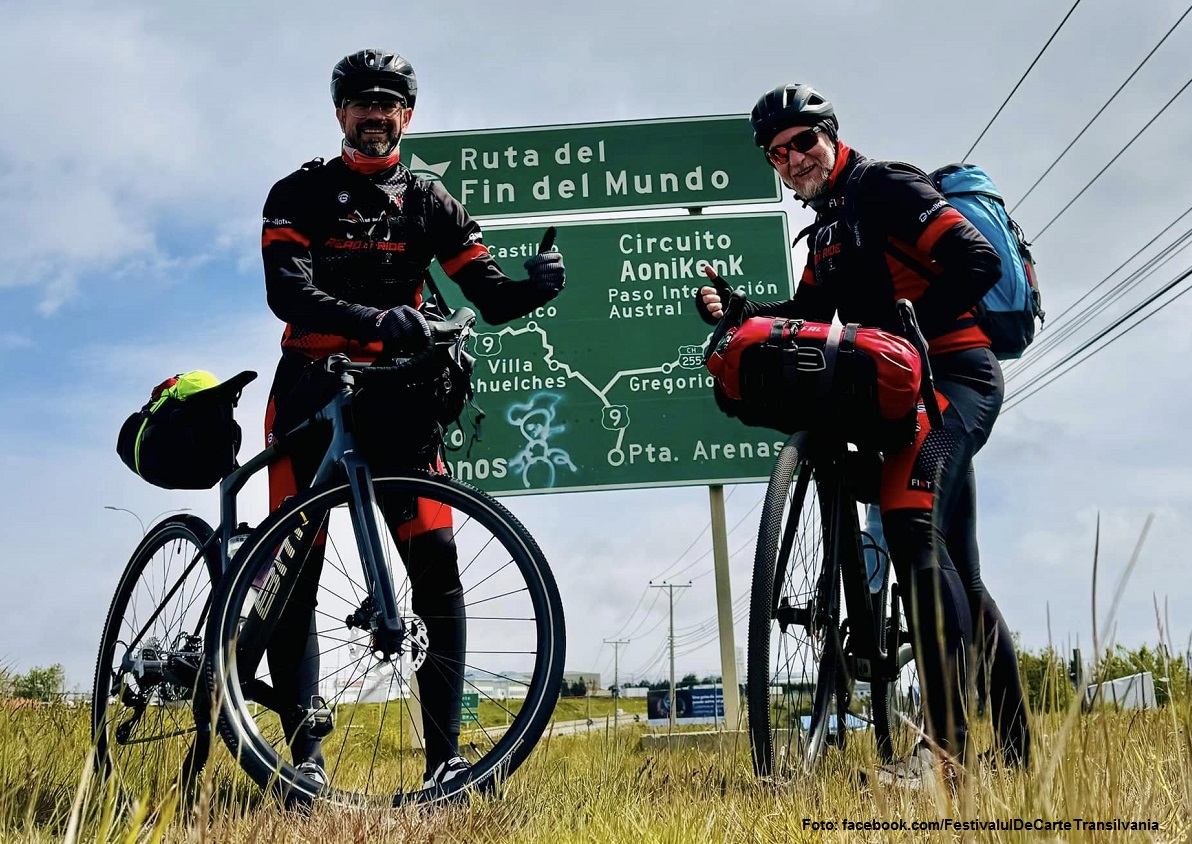“Light for Romania”
Schools and homes in isolated areas in Romania were provided with electricity as part of “Light for Romania project.

Ana-Maria Cononovici, 19.04.2015, 14:00
Last year, four schools and some households in isolated areas of Romania got electricity. The story started when our guest today, Iulian Angheluta, got on his bike and rode 8,205 km, through 1,047 towns and villages in 30 counties in Romania. Before taking off he looked up the areas of the country that do not have electricity, and he went there by bike to see with his own eyes how people there lived, and talk to them face to face. Iulian Angheluta is president of the Free Miorita Association, initiator of the Light for Romania campaign. He joined us to tell the story:
“The idea started from a real social need, a painful one, that of having hundreds of thousands of people, tens of thousands of homes in Romania, which don’t have electricity, are off the grid, and use lamps, candles and the sun to get light. Four schools were also in this situation, and we thankfully managed to provide them with light. Together with physical light we also brought the light of knowledge, because now they can use computers with educational software. We started with an awareness raising campaign, raising funds for a village in Hunedoara county, Ursici. We installed there 14 solar panels, unconventional energy that is the least polluting of all. Then I went on to the school in Inelet, in Caras-Severin County, where we brought light in spring last year. For six months last year I rode my bicycle, 8 thousand km, to go to that place myself and look for many families living without electricity and other utilities. The campaign went further, as this year, in February and March, we brought light to the last three schools in Suceava, Maramures, and Caras-Severin Counties. We also installed solar panels for a family in Teregova village, in the latter county. The campaign goes on.”
We asked Iulian Angheluta how they were seen by the people who go from candlelight to electric light, especially with the latest technology.
“People are reticent at first, they don’t really trust us, they had heard lots of promises from local officials, from all sorts of people. When we come to their place, they are relieved as they realise we came there to really help them out. The system is impressive, because people expect the classical electric line running off a pole in front of the house. People don’t know about unconventional electricity sources. This is part of the campaign, raising awareness for people in the countryside, in isolated communities, letting them know that there are alternatives.”
Our interlocutor told us about the life of people living in those conditions, which is hard to describe. It usually involves tiny houses where old people living on next to nothing live, where children work alongside their parents all day and do some homework by candlelight at night. Iulian Angheluta found the situation of children most touching:
“They are my main motivation, what keeps me going. For the family in Teregova, we installed a TV set and brought in a small DVD player. Six small children were crammed into one room, and we put on a disc with cartoons. They were fascinated. It is another way to acquire knowledge. It is a different world, which they only now come into contact with. Their curiosity and wish to explore the world now has a support, because they have access to more information.”
Aware that those people’s lives will not change with one light bulb, Iulian plans to launch a website dedicated to the Light for Romania project, where he will have a Map of Light.
“It is a map where I would like to centralise all the households and schools we brought light to, but, more importantly, to centralise thousands of homes that do not have electricity. No one has such a map, neither local officials, nor the central authorities, nor private entities. People do not realise the scope of the problem. The 2011 census says that 284,000 households don’t have electricity.”
Iulian Angheluta wants anyone to see what was done, what remains to be done, and how one may get involved. It starts with involvement: you look at the map, you pick a family, and befriend them. You can help in two ways. You either buy a solar panel, which then gets installed by Iulian and other volunteers, or you buy the panel, grab a few friends and drive out to install it yourself. Both versions are needed and welcome, Iulian explains. He believes that the latter initiative, going out in the field yourself to do the work, is by far the more rewarding, and an experience not to be missed. All the volunteers who have joined him so far have been delighted, realising how good their living conditions are.
In addition, Iulian Angheluta would like the state authorities to initiate a programme called The First Solar Panel, similar to the First Home or the First Car programmes that subsidise home and car loans.






























